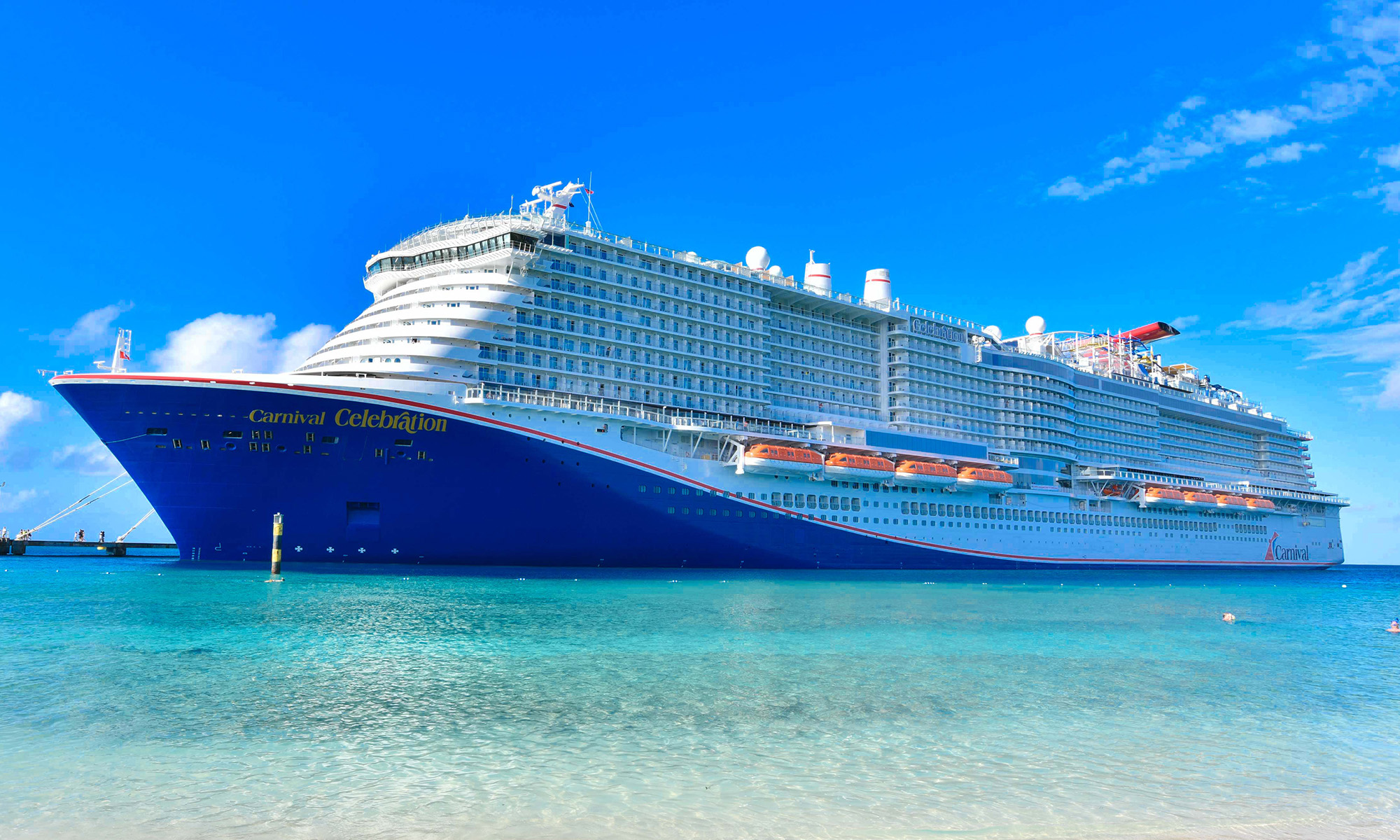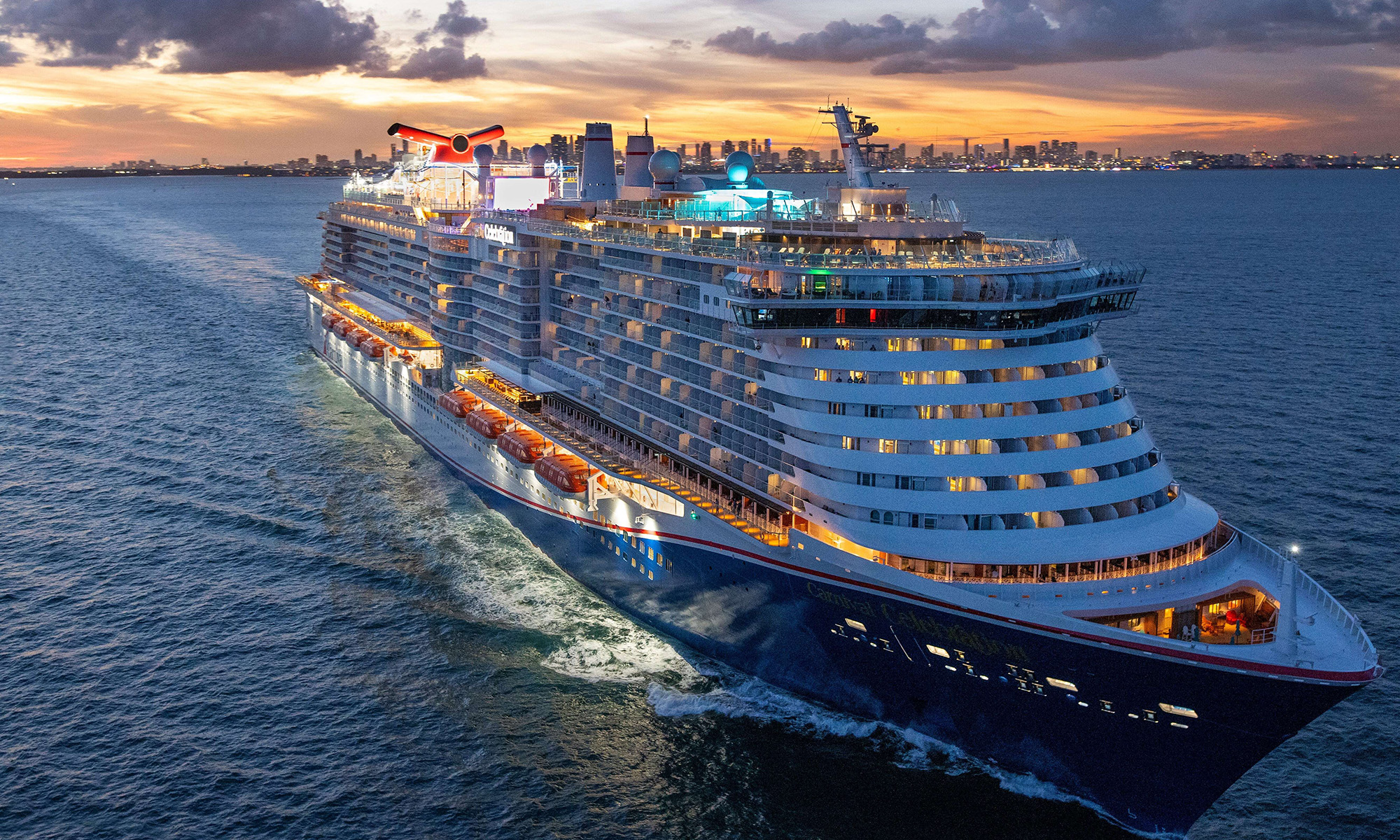What happened
Shares of Carnival (CCL +1.39%) (CUK +1.40%) fell more than 10% on Thursday morning after the cruise operator cut its full-year outlook because of what it called "macroeconomic headwinds," projecting rough waters in the quarters to come.
So what
Carnival on Thursday morning reported fiscal second-quarter adjusted earnings of $0.66 per share on revenue of $4.84 billion, topping analyst expectations for $0.61 per share in earnings on sales of $4.53 billion. The company said that capacity growth and improved onboard spending had led to revenue growth.
Revenue per available berth increased by 5.6%, including currency fluctuations, but changes in fuel prices and currency exchange rates decreased earnings by $0.09 per share.

Image source: Carnival.
Carnival said that cumulative advance bookings for the remainder of the year are slightly ahead of the prior year's, and cumulative advance bookings for full-year 2020 are well ahead at prices that are in line with those of fiscal 2019.
Still, Carnival lowered its outlook for full-year results. The company now expects full-year adjusted earnings of $4.25 to $4.35 per share, down from $4.35 to $4.55 per share and below the consensus $4.54 expectation. Company CEO Arnold Donald in a statement said the setback is due to global economic weakness and changes in the U.S. government's policy on travel to Cuba.
"Recent booking trends have been impacted by ongoing geopolitical and macroeconomic headwinds affecting our Continental European brands," Donald said. "We continue to expect higher yields in our North America and Australia brands offset by lower yields in our Europe and Asia brands for the remainder of the year."
Carnival had previously warned that sales momentum was fading, but had hoped capacity growth would offset any weakness in pricing.
Now what
The results caused William Blair analyst Sharon Zackfia to downgrade Carnival to market perform from outperform, with the analyst noting that Carnival's flattish yield expectations compare poorly to the mid-single-digit gains projected by rivals Royal Caribbean and Norwegian Cruise Line.
It appears Carnival's higher-than-average exposure to Europe is a drag on the company for the foreseeable future. The shares could face resistance in trying to cruise forward until Carnival can show these geopolitical issues are behind it.







